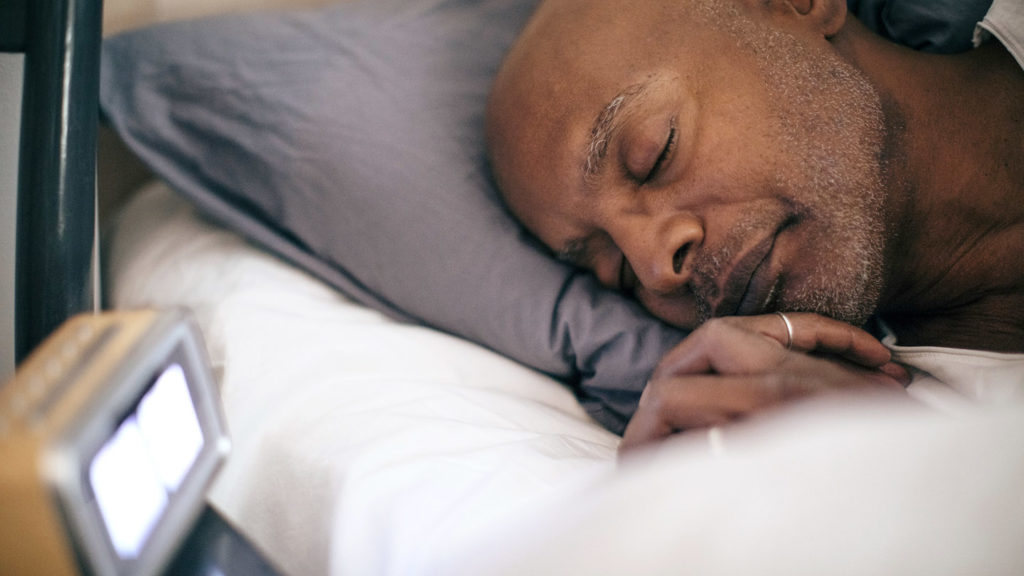
Last month, Mount Sinai in New York announced research on artificial intelligence’s ability to understand sleep apnea. Now, a separate research project at the hospital will look at how AI can evaluate a common treatment for the condition.
Researchers were given a $3 million, four-year grant from the National Institutes of Health so they could evaluate AI tools that can create risk profiles for people with sleep apnea and evaluate the efficacy of offering them CPAP (continuous positive airway pressure) devices to address the issue.
A slight majority of older adults, 56%, have sleep apnea or are at risk of developing the condition, according to the National Council on Aging. It is often underdiagnosed in seniors, McKnight’s has reported.
Although many consider issues such as snoring a mere nuisance, research continues to show damaging effects of conditions, such as sleep apnea, that lead to poor sleep quality, and have resulting cascading effects on seniors such as higher risk for dementia.
CPAP devices are commonly used to treat sleep apnea, the researchers noted, but they warned that to date, there hasn’t been much research on whether the machines can prevent possible cardiac conditions such as a heart attack or even stroke.
A previous study from the same research team found that using CPAP in non-sleepy individuals actually could increase the risk of cardiovascular disease. Thus, a more careful, personalized treatment plan is warranted for those with sleep apnea, the researchers explained.
“We are inspired by the transformative potential of machine learning techniques in healthcare, particularly in analyzing vast amounts of complex data,” lead project investigator Girish Nadkarni, MD, said in a statement. “Our study has the potential to revolutionize the management of obstructive sleep apnea by offering support tools that optimize treatment plans, improve patient outcomes, and reduce the burden of related cardiovascular disease events.”
The NIH is also supporting Mount Sinai’s initial AI study on sleep apnea, via $4 million in grant funding, the McKnight’s Tech Daily reported last month.
Mount Sinai is not the only organization looking at how AI could help with sleep apnea diagnoses. Researchers in South Korea have developed an AI tool that can diagnose the condition, the McKnight’s Tech Daily reported last month.


